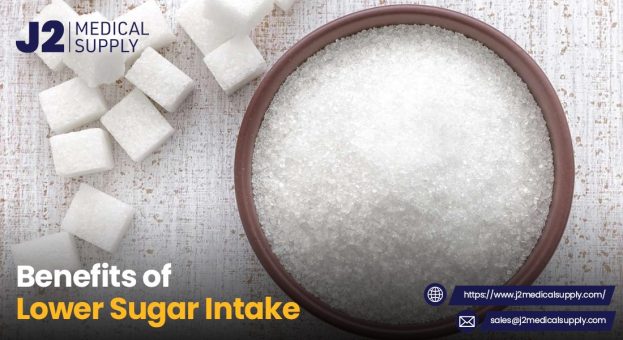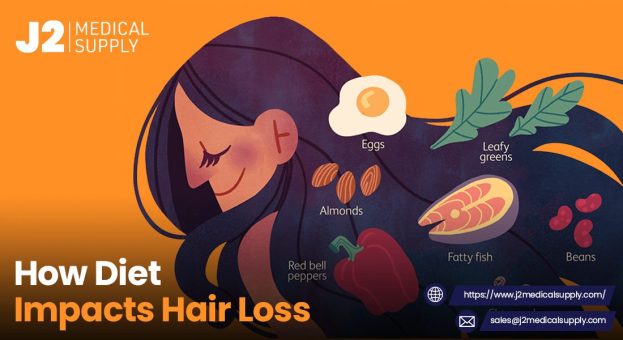Are you unknowingly indulging in a sugar bomb every day? In the world of modern diets, sugar has become ubiquitous, often hiding in plain sight. However, understanding and controlling your daily sugar intake can have profound effects on your health. In this comprehensive guide, we’ll delve into the importance of managing your sugar consumption, the risks associated with excessive sugar intake, and practical steps to take control of your daily diet.
Understanding Daily Sugar Intake
When it comes to your diet, it’s crucial to comprehend the role of sugar. Sugar provides a quick source of energy, but excessive consumption can lead to numerous health problems. From sugary beverages to hidden sugars in processed foods, it’s easy to exceed recommended sugar limits without even realizing it.
Setting Your Daily Sugar Goals
Before you can take control of your sugar intake, you need to establish your daily sugar goals. According to the American Heart Association, men should aim for no more than 150 calories (about 37.5 grams or 9 teaspoons) of added sugar per day, while women should limit themselves to 100 calories (around 25 grams or 6 teaspoons). Knowing your target is the first step towards a healthier you.
The Dangers of Excessive Sugar Consumption
Unrestrained sugar consumption is akin to a ticking time bomb for your health. It’s associated with a range of serious conditions, including:
- Sugar’s Impact on Diabetes: Excessive sugar intake can increase your risk of developing type 2 diabetes. When you consume too much sugar, it can lead to insulin resistance, a precursor to diabetes.
- The Connection Between Sugar and Heart Disease: High sugar intake is linked to heart disease. It can raise your blood pressure, promote inflammation, and contribute to the accumulation of harmful fats in your bloodstream.
- Sugar’s Role in Obesity Epidemic: Sugar is a major contributor to the obesity epidemic. Sugary foods and drinks are often calorie-dense and lack nutritional value, making it easy to gain weight.
How Much Sugar Is Too Much?
Now that you understand the dangers, let’s dive deeper into how much sugar is too much.
Identifying Hidden Sugars in Your Diet
Sugar isn’t always listed as “sugar” on nutrition labels. It can go by many names, such as high fructose corn syrup, sucrose, or maltose. Learning to recognize these hidden sugars is essential in controlling your intake.
Hidden sugars are often found in unexpected places, like ketchup, salad dressings, and even seemingly healthy yogurt. These added sugars can quickly add up and push you over your daily limit.
Practical Tips for Reducing Daily Sugar Intake
Reducing your daily sugar intake doesn’t mean you have to give up all sweets. Here are some practical tips to help you cut down on sugar while still enjoying your favorite foods:
- Opt for Whole Foods: Whole fruits and vegetables are naturally sweet and provide essential nutrients. They’re a healthier alternative to sugary snacks.
- Read Labels: Always check food labels for added sugars. Choose products with lower sugar content. Keep an eye out for ingredients like high fructose corn syrup, dextrose, and sucrose.
- Stay Hydrated with Water: Sugary beverages are a significant source of hidden sugars. Opt for water, herbal tea, or unsweetened beverages instead.
- Cook at Home: When you cook your meals, you have better control over the ingredients, reducing hidden sugars in your diet. Try using natural sweeteners like honey or maple syrup in moderation.
- Moderation is Key: It’s okay to indulge occasionally, but be mindful of portion sizes. A small treat now and then won’t derail your efforts to lower your daily sugar intake.
- Explore Sugar Substitutes: Stevia, erythritol, and xylitol are natural sweeteners that can be used as alternatives to sugar in your recipes and beverages.
The Benefits of Lowering Sugar Intake
Reducing your daily sugar intake offers a wide array of benefits that extend beyond just preventing health issues. Here are some of the positive effects of cutting back on sugar:
Weight Management
One of the most significant advantages of lowering your sugar intake is better weight management. High sugar consumption is closely linked to weight gain and obesity. By reducing sugar in your diet, you can control your calorie intake and maintain a healthier weight.
Improved Dental Health
Sugar is a primary contributor to tooth decay. When you consume sugary foods and drinks, the sugar feeds harmful bacteria in your mouth, leading to cavities and gum disease. Lowering your sugar intake can significantly improve your dental health.
Stable Energy Levels
While sugar provides a quick energy boost, it also leads to energy crashes and mood swings. Reducing sugar in your diet can result in more stable energy levels throughout the day, helping you stay productive and focused.
Better Skin
Excessive sugar intake can contribute to skin issues like acne and premature aging. By cutting back on sugar, you may notice clearer, healthier skin.
Enhanced Heart Health
Lowering sugar intake is beneficial for your heart. It can help reduce the risk factors associated with heart disease, such as high blood pressure and inflammation.
Balanced Blood Sugar
Maintaining balanced blood sugar levels is crucial for overall health. Reducing sugar intake can help prevent blood sugar spikes and crashes, reducing the risk of type 2 diabetes.
Conclusion
In conclusion, taking control of your daily sugar intake is a critical step towards better health. The risks of excessive sugar consumption, including diabetes, heart disease, and obesity, are substantial. By setting your daily sugar goals, identifying hidden sugars, and following practical tips, you can reduce your sugar intake and improve your overall well-being. At J2 Medical Supply, we understand the importance of a healthy lifestyle. Our range of medical supplies and resources are here to support your journey to a healthier you. Don’t let sugar be your silent enemy. Take action today and enjoy the sweet benefits of a lower daily sugar intake! Your health is worth it.




